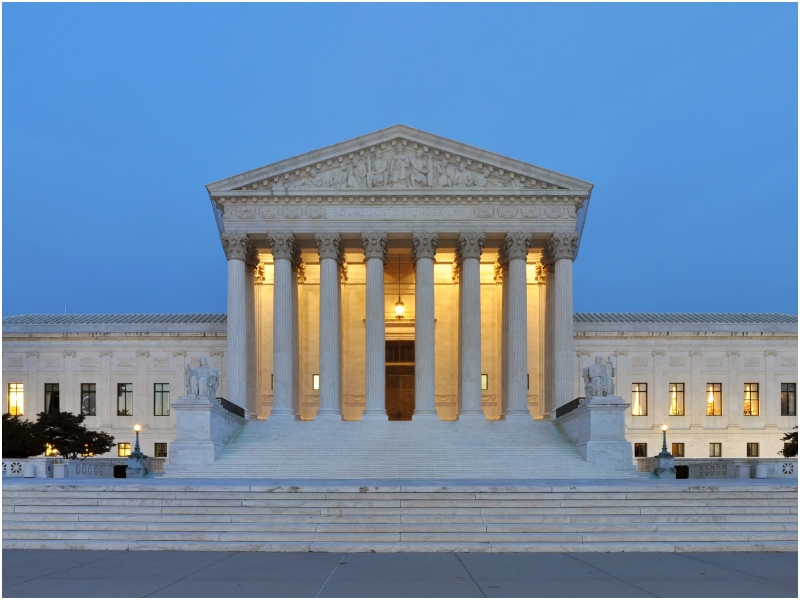The legal battle over sweeping tariffs imposed by President Donald Trump took center stage this week with the Learning Resources, Inc. v. Trump case, which challenges whether the president has the authority, under the International Emergency Economic Powers Act (IEEPA), to unilaterally impose import duties without congressional approval.
Here’s what you need to know — and why it matters.

What the Case Is About
At its core, the dispute asks: Did Congress grant the president the power to impose tariffs via an emergency-powers statute when the statute itself never mentions “tariffs”?
The plaintiffs, toy-manufacturing companies Learning Resources, Inc. and hand2mind, Inc., contend that the IEEPA does not delegate tariff-setting authority to the executive branch — that power constitutionally belongs to Congress.
Lower courts have already weighed in:
- A district court held that IEEPA does not authorize tariffs and blocked their enforcement for those companies.
- The United States Court of International Trade found that the president exceeded his authority by imposing broad tariffs under IEEPA.
Now the Supreme Court is set to consider the matter.
Key Stakes — For Law, Business & You
- Executive power vs. congressional authority: If the Court rules the tariffs were illegal under IEEPA, it could sharply limit the president’s trade-policy tools and reinforce Congress’s role in setting tariffs.
- Economic ripple effects: The tariffs in question were imposed on a broad scale and affect many importers, manufacturers and ultimately consumers. Some estimates see average household cost increases of $2,400 in 2025 tied to these duties.
- Major questions doctrine: Legal scholars view this as a high-stakes test of the doctrine that large economic policy decisions require clear authorization from Congress.
Why the Hearing Lasted Nearly Three Hours
The oral argument in Learning Resources ran for approximately 2 hours and 39 minutes, a long session by Supreme Court standards — but still shorter than historic trade-power cases like Gibbons v. Ogden.
During that time, several justices signalled skepticism of the administration’s claim of unlimited presidential tariff power. Conservative justices questioned whether an emergency-powers statute without explicit mention of tariffs could support such sweeping action.
What to Watch Next
- The decision — A ruling could come by summer 2026 or sooner, given the case’s wide-ranging implications.
- Corporate strategy shifts — Manufacturers and import-heavy businesses are already bracing: if tariffs are curtailed, supply chains may shift.
- Political undercurrents — The dispute intersects with broader debates on executive power, trade policy and economic fairness. Former Attorney General Eric Holder has called for reform of the Court amid questions of legitimacy and accountability.
Final Word
This case is more than legal-nerd territory — it’s about who holds the reins of trade policy in America, who gets to feel the impact of tariffs (your wallet) and how major economic decisions are made. As one trade-law expert put it: the real question is whether a single statute, never amended to address tariffs, can provide sweeping executive power to impose them.

